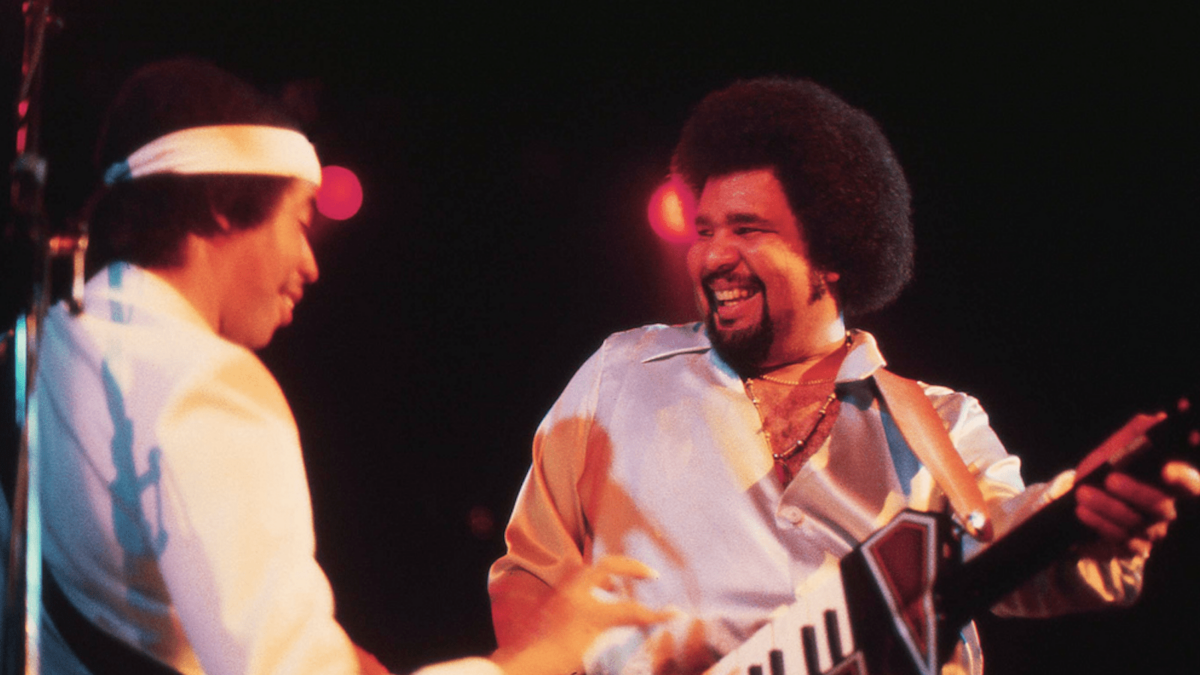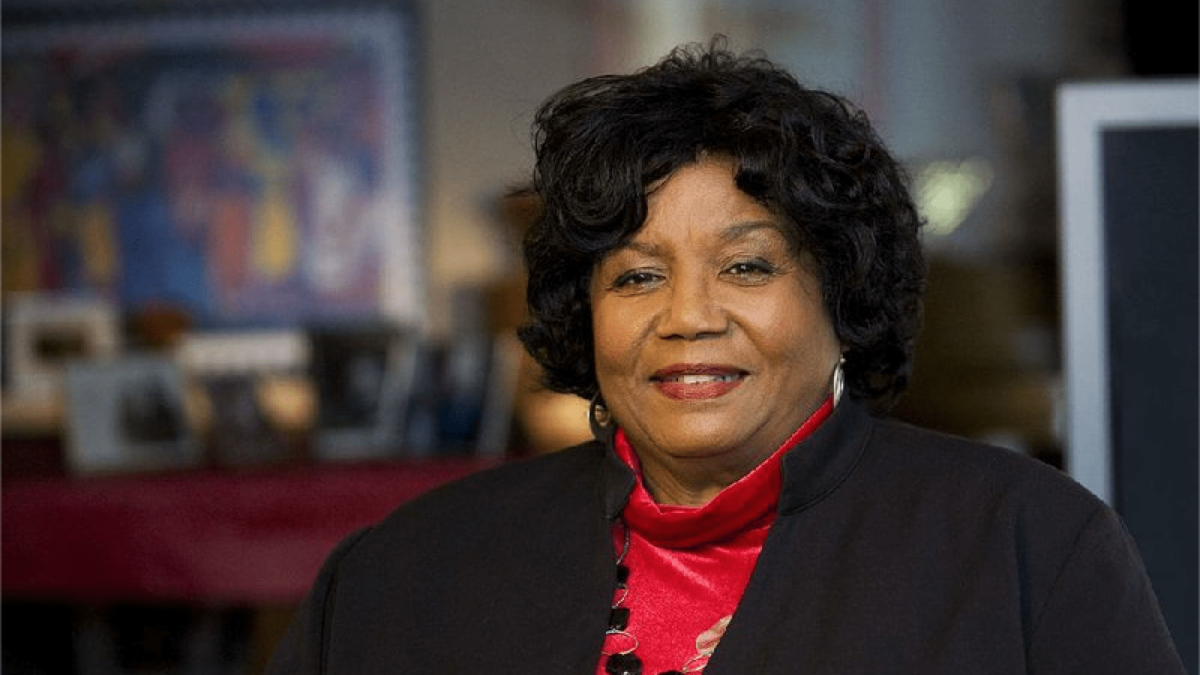In honor of Black History Month, we’d like to shine a light on historical Bay Area figures whose efforts cleared a path for a brighter, more equitable future, as well as those who are continuing to carry the torch and making history in their own right.
Here we take a look at the impact that North Bay residents George Duke and Melba Pattillo Beals have made. Learn more about their contributions to history below.
Feature image: Street mural on Fulton Street in San Francisco/Cmichel67 Wikimedia Commons.

George Duke
Born in San Rafael and raised in Marin City, George Duke gravitated to the piano at the ripe age of 4 and began his formal studies a few years later at the local Baptist church.
Duke attended nearby Tamalpais High School in Mill Valley. His musical education continued at San Francisco Conservatory of Music, where he earned a bachelor’s degree in trombone and composition with a minor in contrabass. After that, he earned a master’s in composition from San Francisco State University and also taught at Oakland’s Merritt College.
Duke switched from classical piano to jazz at the behest of his cousin, bassist Charles Burrell. His first album arrived in 1966 and the second in 1970 — the latter of which he created with French violinist Jean-Luc Ponty, a fellow San Francisco musician.

One of Duke’s performances with Ponty had two influential listeners in the audience: Frank Zappa and saxophonist Cannonball Adderley. The two invited Duke to join their bands, and he accepted, spending two years with Zappa’s Mothers of Invention, then two years with Adderley’s band before going back to Zappa in 1973. Zappa also contributed guitar solos to Duke’s album Feel (1974).
Duke’s albums wove soul, jazz and funk sounds, while maintaining a pop appeal that kept his records high on the charts. As the 1980s progressed, he began to move into a new role as a record producer. Duke’s discography is extensive, and he created hits for superstars like Anita Baker, Gladys Knight and many more. He also participated in the 1988 Nelson Mandela 70th Birthday Tribute concert as its musical director.
Duke passed away from chronic lymphocytic leukemia on August 5, 2013 in Los Angeles at the age of 67.

Melba Pattillo Beals
On May 13, 1955, a young Melba Pattillo Beals volunteered for a chance to go to a better school. However, she quickly learned that some in her community were not ready to give her that chance. Beals and eight other Arkansas students came to be known as the Little Rock Nine. These students’ efforts to enroll in the previously all-white Central High School resulted in racist attacks by fellow students and the deployment of the Arkansas National Guard to block the Nine’s entry.
Not only was Beals spat on, pushed and shoved, but she had acid poured into her eyes. She and the other Black students made it through the school year with the help of President Dwight D. Eisenhower, an escort by the 101st Airborne Division, personal bodyguards (Melba’s was named Danny) and reporters who spent nights with the children’s families to shine the light on any after-dark attacks.

After a year, she and her eight counterparts were quietly disbanded. To escape the threats of segregationists, Beals was relocated to California — a place she dreamed of living as a child. She spent the rest of her childhood in Sonoma and eventually came to live in Marin County. She spoke about her love of Marin with Marin Magazine in 2009. Beals taught journalism at Dominican University of California, and she retired as Chair Emeritus of the Department of Communications and Media Studies in January 2014. Beals is noted to have said, “Education is one major key to personal equality that cannot be taken away.”
Beals tells her story in her 2011 book, Warriors Don’t Cry: A Searing Memoir of the Battle to Desegregate Little Rock’s Central High School. She recounts her experience facing the violent mobs at Central High and receiving death threats at just 15 years old. Beals is also one of only 158 people (as of 2024) who have received the Congressional Gold Medal, which she received in tandem with the other members of the Nine in 1999. Beals is 82 years old.
Celebrate Black History Month in the Bay Area
Looking for ways to honor the occasion? Check out these listings for events taking place this month:
Looking for more things to do in the area?
Visit our What to Do in Northern California page!




